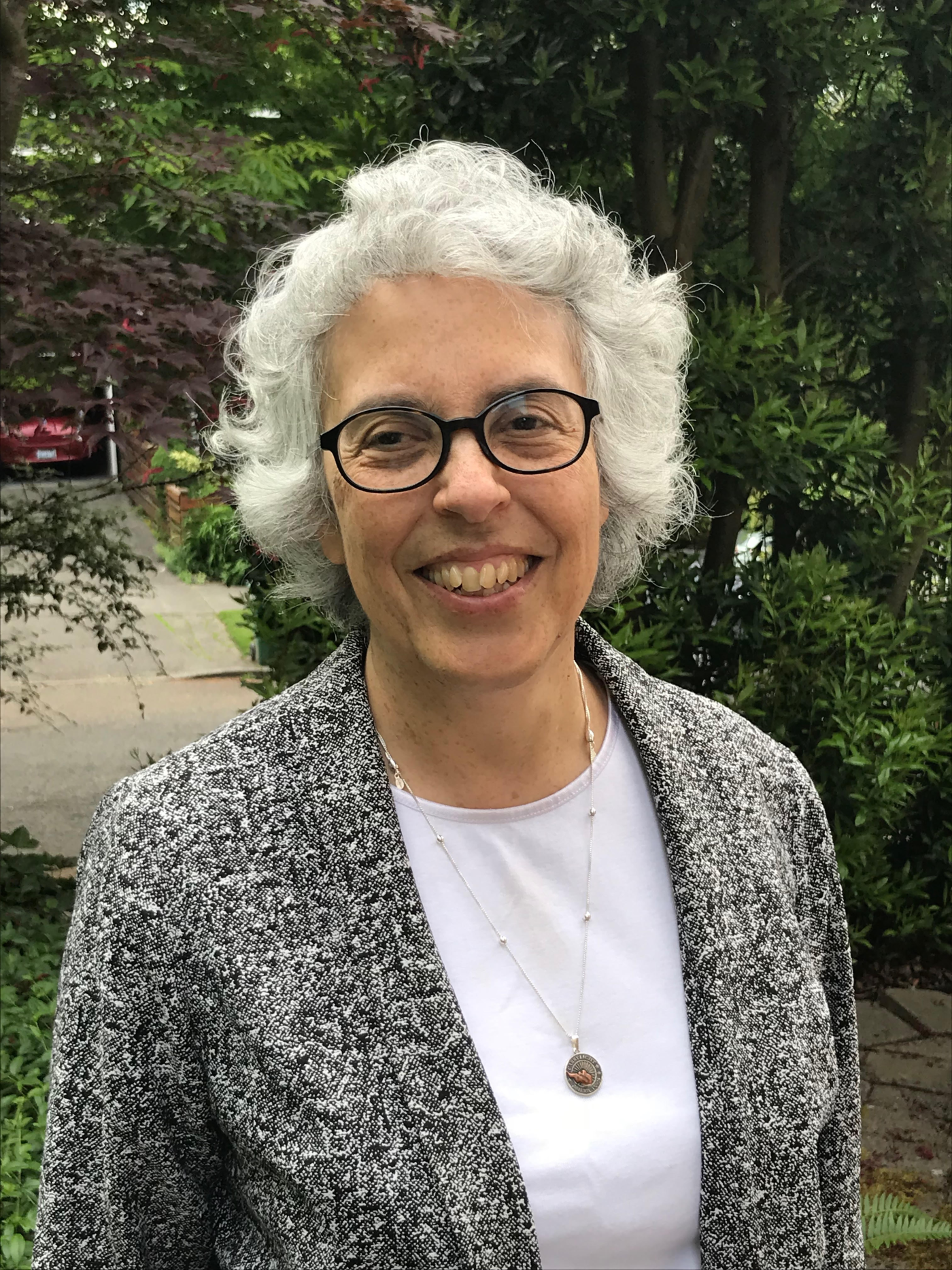So in the last few years since the ACA, we have really been focusing on making sure it's the best that it can be. Um, so we were quite involved in when the health care authority and the exchange were forming their rules and their policies around how to implement that. So everything from being testers at the computers when they were starting to test the health plan finder application, this online application to working on procedures for um, ensuring that people could easily renew coverage when they were on because we had seen in the context of Medicaid and other programs, there's always a lot of churn when it's time to review eligibility. You know, people don't get the notice or they don't do it in time. And this can cause problems or they don't understand what they're supposed to do. Documentation issues. You know, not everybody has easy proof of their earnings. So there's a lot of streamlining, streamlining that happened with the ACA that we want to make sure was fully implemented. You know you can you can get coverage now based on your statement of what your income is your own statement. And then they can check on the back end. But it really gets people in quicker. So a lot of that process stuff as well. And surveying to find out what problems are people still seeing. How can this be fixed. And the state had a real commitment to trying to improve things. The first few years were a little bumpy, but you know, a lot of the stuff has been addressed and we think that, you know, us bringing it to their attention and working with them to problem solve has been helpful. Um, we also we have been fortunate to get some funding to pursue, um, reproductive health access. And so one of our big projects has been, um, monitoring the improvements in contraceptive coverage. So the ACA, um, requires that most plans there are some exceptions, but most health plans provide contraceptives at no cost, and all the different methods should be covered. I mean, it can be one, um, brand in a in each category, but, um, it's all covered. And so some of them are, are drugs, some of them are barrier methods and other types of coverage. So we decided we wanted to make sure these health insurance companies were actually making it clear that these were available. Some are more expensive than others, you know, for them. So we, um, engaged in a project involving secret shopper calls to their customer service and sales representatives to, you know, calling as women to find out if I join your plan. Can I get, um, this particular thing covered? And what about that particular thing? And we actually found that a number of the, um, people we talked to, a pretty high, staggeringly high number of the people didn't know. Um, and there are various reasons for this. I mean, I think it all boiled down to this is a new change and not everybody in these roles was informed about this. But we also looked at the online formularies. We looked at the filings with the insurance commissioner, and we found there were inconsistencies. And there were also the formularies. Didn't, you know, they'd list contraception and then they'd only list the ones they considered were things that go in a formulary. So lots of different things that if you were from their point of view, might have been logical, but for a consumer, somewhat misleading. So we were we had the help of the insurance commissioner, Mike Kreidler, who decided he liked the secret shopper survey. Um, he would and he would call and did call the insurance companies representatives all into a room with us and said, you've seen the draft report, what the Secret Shopper survey showed and these other, um, investigations. Um, I'll give you a certain period of time to respond. And we said we'll incorporate your responses in the widely publicized report we're going to do. And that was actually a very effective advocacy, because a number of the plants, I won't say all, did shape up and did, um, put, you know, give their customer service and their salespeople training. They fix their online stuff. A lot of this was devil in the details kind of, you know, the link doesn't go to the right place, you know, kind of thing. So, um, so we published a report, and one of the things we did in the report is make some additional recommendations for how insurers could create even better access. So one area being emergency contraceptives, um, covered at no cost. So some of the plans said they would. Some said they'd think about it. And one one of them actually said we think that's a great idea. We'll do it in all the states where we do business. So that was powerful. We hadn't ever had an impact, you know, outside of the state other than, you know, collectively with other other groups in other states. So, um, it seems.
